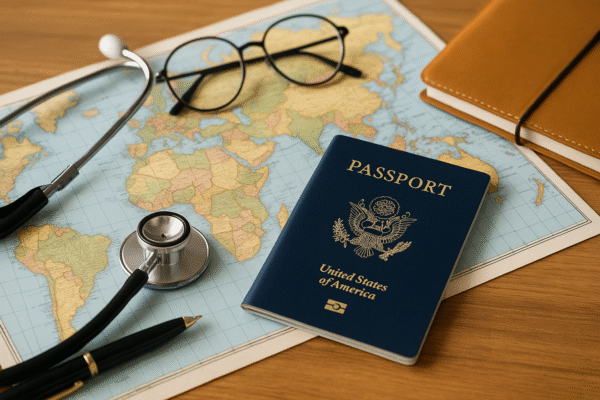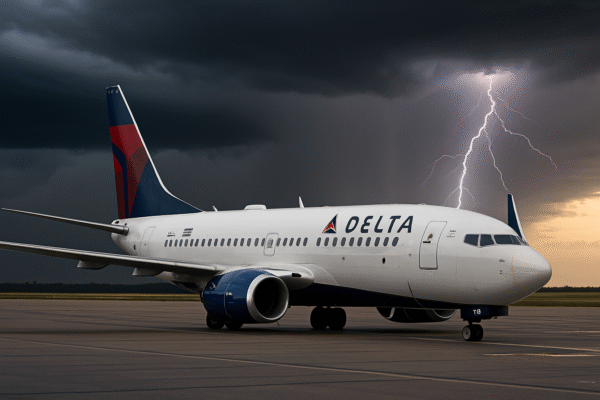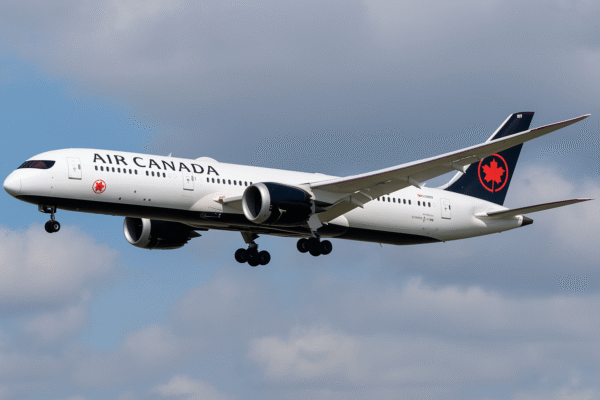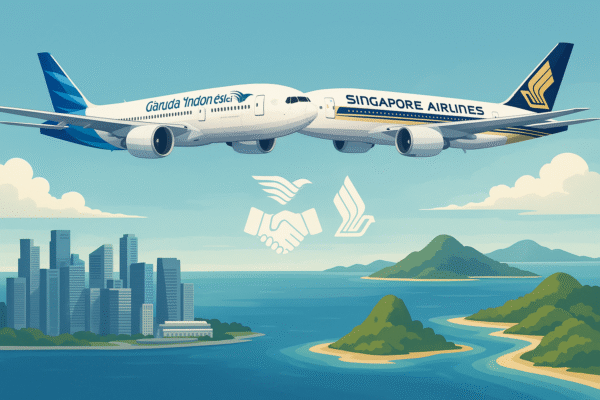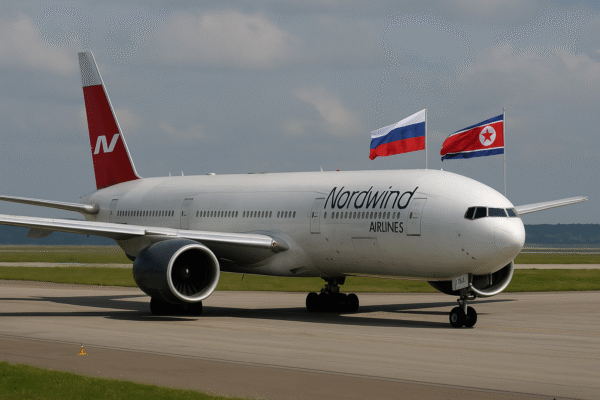In a dramatic reconfiguration of global aviation and military alliances, North Korea has resumed direct commercial air service with Russia for the first time in over 30 years. A full-capacity Nordwind Airlines Boeing 777 touched down at Moscow’s Sheremetyevo International Airport this week, marking a renewed Pyongyang–Moscow air corridor symbolic of much more than travel convenience—it signals a growing axis of military and diplomatic alignment as Russia’s war in Ukraine enters a prolonged phase.
The revival of direct air links, dormant since the early 1990s, comes at a pivotal moment in global geopolitics. North Korea has openly acknowledged deploying troops to support Russia’s military operations in Ukraine—a rare public declaration that confirms long-suspected collaboration. These developments represent a turning point in the relationship between two heavily sanctioned regimes, as they deepen ties to jointly counterbalance the influence of NATO and Western allies.
Full-Capacity Flight Highlights Strategic Alignment
The historic flight, operated by Russia-based Nordwind Airlines, departed Moscow on Sunday and returned from Pyongyang early Tuesday morning, local time. The 440-seat Boeing 777 flew at full capacity, with most passengers reported to be North Korean nationals and diplomatic staff. Among them was Matvei Krivosheyev, a Russian diplomat who confirmed this was the first direct commercial flight between Pyongyang and Moscow since the collapse of the Soviet Union.
This flight is more than a symbolic gesture. Analysts view it as a strategic tool to streamline coordination between the two capitals. With limited overland transport links and both nations facing significant international sanctions, direct aviation connectivity allows for faster movement of personnel, potential trade goods, and diplomatic envoys.
According to Russia’s Ministry of Transport, future flights are under review, and both countries are reportedly negotiating more robust transportation and logistics cooperation.
North Korea Confirms Troop Deployment to Ukraine
In a move that stunned international observers, North Korea earlier this year publicly confirmed it had sent troops to assist Russia’s military operations in Ukraine. While earlier U.S. and South Korean intelligence suggested North Korean weapons and advisers had reached the Donbas region, this open acknowledgment significantly escalates the implications of Pyongyang’s involvement in the conflict.
It remains unclear how many personnel North Korea has deployed or whether they are engaged in direct combat. However, the move was immediately criticized by Western powers as a violation of international law and a deepening threat to regional stability.
The timing of the resumed Pyongyang–Moscow flights, closely following this announcement, is viewed as part of an integrated strategy to enhance logistical support and inter-governmental movement between the two capitals.
Mutual Defense Pact and Putin’s High-Profile Visit
In June 2024, Russian President Vladimir Putin visited North Korea, signing a landmark mutual defense agreement with North Korean leader Kim Jong-un. The pact commits both nations to come to each other’s aid in the event of external military aggression—a direct rebuke to the military alliances that Russia views as encircling it through NATO and the U.S. Indo-Pacific strategy.
This agreement follows a pattern of diplomatic escalation. In recent years, Russia has increasingly relied on “non-traditional” allies, including Iran and North Korea, to mitigate the effects of Western sanctions and bolster its position in conflicts such as Ukraine and Syria.
Regional and Global Implications
The reintroduction of the Pyongyang–Moscow air route represents a significant shift in Eurasian geopolitics. For Russia, North Korea is now a critical East Asian ally, offering strategic geographic proximity and ideological alignment. For North Korea, Russia provides a lifeline to the global stage—offering economic, military, and diplomatic validation at a time when the country remains heavily isolated due to sanctions and its controversial nuclear program.
The move also complicates relations in the Indo-Pacific region, particularly for South Korea and Japan, which have strongly condemned North Korea’s military activities and its support for Russia. Meanwhile, China’s cautious silence over the latest developments may reflect unease at being drawn further into the Russia-Ukraine conflict through its North Korean neighbor.
Will Flights Become Regular?
While only one round-trip flight has been confirmed, officials in both Russia and North Korea have suggested that more frequent air links are under discussion. These could facilitate the movement of construction workers, aid supplies, or technical advisors—especially if the military cooperation deepens.
Given that China remains guarded in its engagement with Pyongyang since COVID-19, Russia’s renewed aviation link may serve as North Korea’s only international air corridor, at least in the near term.
Aviation as Geopolitical Strategy
The return of commercial flights between Pyongyang and Moscow is a small yet highly symbolic victory for two regimes aiming to defy international isolation. Airspace, typically a zone of civilian movement, is being leveraged here as a tool of geopolitical power projection.
The flight’s landing serves as a real-world manifestation of a broader military and ideological pact. With soldiers on the ground in Ukraine and planes in the air between Russia and North Korea, this new axis is asserting itself as a militant response to the global order led by the West.
As the world watches developments in Ukraine and East Asia, the Pyongyang–Moscow connection may soon become a critical artery in a parallel geopolitical order—one driven not by openness and commerce, but by mutual defiance and wartime cooperation.
For more travel news like this, keep reading Global Travel Wire



